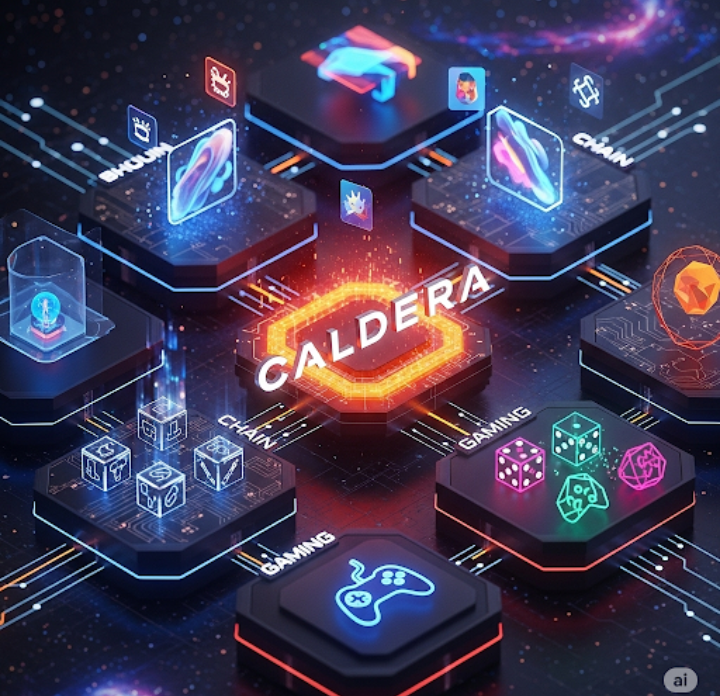Caldera is an innovative platform that allows developers to create their own specialized blockchains (Rollups) based on Ethereum. With pre-packaged modules, Caldera significantly simplifies and accelerates this process, enabling teams to launch a full-fledged L2 in just one week. This opens up new opportunities for creating high-performance and specialized decentralized applications (dApps).
What are Rollups and why are they needed?
Rollups are a scaling solution for Ethereum. They execute transactions off-chain and then bundle them into large packages (hence the name "rollup") and send confirmations of these packages to the main Ethereum blockchain. This approach significantly increases the network's throughput and reduces fees without sacrificing security.
There are two main types of Rollups offered by Caldera:
Optimistic Rollups:
How it works: All transactions are considered valid by default. There is a so-called "dispute window" during which any network participant can submit a fraud proof if they detect an invalid transaction.
Advantages: Relatively easy to implement and compatible with the Ethereum Virtual Machine (EVM), allowing for easy migration of existing smart contracts.
Disadvantages: The time to withdraw funds from L2 to Ethereum can take from 7 to 14 days due to the need to account for the dispute window.
ZK Rollups (Zero-Knowledge Rollups):
How it works: Each transaction package is accompanied by a zero-knowledge proof that mathematically confirms their correctness.
Advantages: High level of security and instant transaction confirmation. There is no dispute window, allowing for almost instant fund withdrawals.
Disadvantages: Technically more complex to develop and require significant computational resources to create proofs.
Caldera gives teams the ability to choose one of these approaches depending on their needs for speed and security.
How does Caldera simplify the process?
Traditionally, deploying a custom Rollup solution is a complex, expensive, and time-consuming process that requires deep knowledge of cryptography and blockchain infrastructure. Caldera changes this by offering a modular approach:
Pre-packaged components: Instead of developing everything from scratch, teams gain access to ready-made modules for selecting Rollup technology, token integration, smart contracts, and network parameter customization.
Integration with Ethereum: Caldera allows new blockchains to inherit Ethereum's security system. This means that their integrity and reliability are guaranteed by the power of the main network, making them much more reliable than standalone blockchains.
User-friendly interface: The platform provides tools that minimize manual work and allow teams to focus on the business logic of their project rather than the technical infrastructure.
Applications and Future
Thanks to Caldera, specialized L2 blockchains are becoming a reality. For example, gaming projects can launch their own high-throughput Rollup to provide fast and free interaction with NFTs. Decentralized finance (DeFi) protocols can create their own chain optimized for specific types of trading.
Caldera and similar platforms are key to the future of Ethereum. They make development more accessible, foster innovation, and help address the scalability issue. With the development of such tools, the ecosystem becomes increasingly diverse and powerful, enabling the creation of a new generation of dApps.#Caldera

